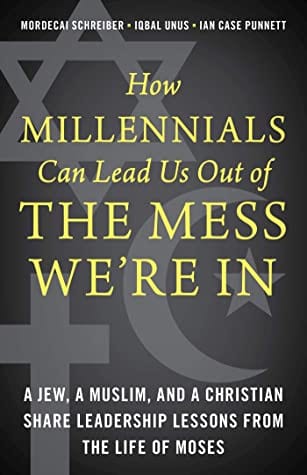Like so many Americans, I’ve been amazed and disgusted at the unwillingness of our elected officials to deal effectively with the problem of gun violence.
The NRA has a clear stranglehold on the Republican-controlled Congress.
And so, like many Americans, I’ve been inspired and encouraged at the images of the sit-in by fed-up members, demanding a vote on a new proposed bill, the so-called “No Fly, No Buy” regulation.
If passed, this would prevent people who’ve been placed on the government’s “No Fly” list (i.e. suspected terrorists, presumably) from purchasing guns, so long as they remain on that watch-list.
Makes a lot of sense, on the face of it.
Except that the “No Fly” list is seen by many as problematic–even racist–in its own right, and it does put a lot of secretive power in the hands of government to determine who is or isn’t considered a threat or as having “affiliation” with a terrorist group.
Alex Pareene makes this argument (somewhat) effectively in a recent piece for the Gawker. He notes that,
The no-fly list is a civil rights disaster by every conceivable standard. It is secret, it disproportionately affects Arab-Americans, it is error-prone, there is no due process or effective recourse for people placed on the list, and it constantly and relentlessly expands. As of 2014, the government had a master watchlist of 680,000 people, forty percent of whom had “no recognized terrorist group affiliation.” This is both an absurdly large number of people to arbitrarily target in gun control legislation, and far, far too few to have any meaningful effect on actual gun ownership, let alone gun violence.
He rightly points out that a bill which effectively targets Muslims as a group would have actually little impact on our national homicide rate. And goes on to lament that basically any one of the previously rejected bills would have been a better “bill to die on” than this one, one that is mired in secrecy and given to prejudice and profiling.
(In a correction of the first edition of his essay, he notes that the protesting legislators are also currently demanding a hearing on expanding background checks, which goes beyond the “No Fly, No Buy” strategy).
Pareene makes good points about the problems with tying gun legislation to the terrorist watch list, but the less-than-optimal approach here probably just reflects the desperation of the situation; a situation in which so many legislators apparently can’t see their way toward solving a problem that needs to be solved, and one that’s made all the more frustrating by the sense that surely something–anything–can be done here?












